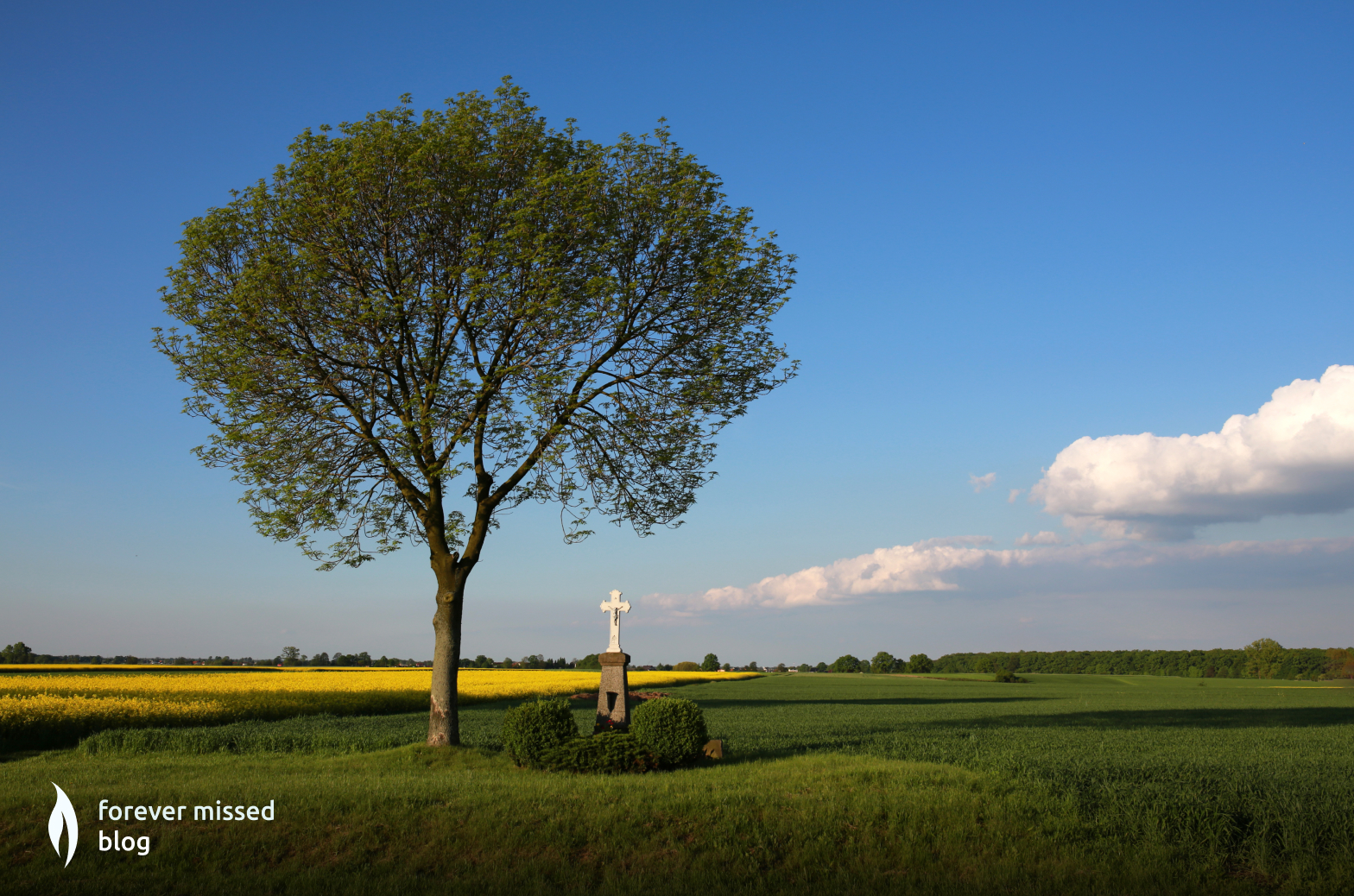How to Organize a Home Funeral

A home funeral can be a beautiful way to lay a loved one to rest, and here’s what you need to know to organize one.
It may come as a surprise, but you are legally permitted to handle a loved one’s funeral arrangements at home in most places in the world. It’s important to be familiar with the laws and standards that may apply in your city or country. But a home funeral – also called a family-directed funeral – can be a beautiful way to lay a loved one to rest. If you’d like to pursue this option for your departed family member or friend, we’ll discuss everything you need to know about organizing it below.
At-Home Funerals Throughout History
These days, when we hear the term “traditional funeral,” we tend to think of a burial service at funeral home by professionals. However, at-home funerals are as old as humanity itself, making the home funeral the true “traditional” arrangement. In the past, death was considered a family and community responsibility. People commonly took it upon themselves to prepare a loved ones’ body and conduct a burial ceremony. The use of the professional funeral service industry is relatively new, not becoming mainstream in the U.S. until the 20th century.
Why Families Choose Home Funerals Today
Although funeral service professionals are now common and easy to access, many families still choose at-home funerals for their loved ones. There are six advantages to doing so:
1. You Can Make it Personal
If you prefer not to relinquish control over your loved one’s arrangements in lieu of planning more personal death rituals, home funerals make it possible. Many families find that more freedom to personalize the funeral can also lead to greater acceptance and healing.
2. You Have Direct Control Over the Remains
When you choose to dress and prepare your loved one’s body on your own, you get the chance to show love and care for the deceased one last time. You can ensure that they are treated with respect and care. It also allows the family to maintain close access to their loved one’s physical form in order to say goodbye before final disposition through burial or cremation.
3. You Gain Greater Acceptance of Your Loss
For many people, death acceptance is a process made easier when their loved one’s body remains close by. It is a very personal process, and many people find it unnecessarily interrupted when a body is transported to a funeral home.
4. You Can Tend to Cultural and Religious Needs
Many cultures and religions practice death rites, some of which are lengthy and/or quite personal to the family. Choosing an at-home funeral means more time and privacy for sacred rituals.
5. You Gain Increased Affordability
There are many fees associated with using a funeral home or a funeral director to prepare your loved one’s body and oversee services. A family’s financial savings can be significant if they opt for a home funeral. (However, it is important to note that there are some fees that can’t be avoided, such as filing a death certificate or professional cremation or cemetery burial.)
6. Reduced Impact on the Planet
If your loved one wishes to have a sustainable funeral, you can forego practices like embalming, taking a greater toll on the planet. Many people choose natural burial practices, too, which involves using alternatives to metal caskets.
Understanding How a Family Directed Funeral Works
Home funerals can be quite a lot of work for those directing the proceedings, organizing the memorial, and caring for the deceased’s body. However, if the advantages above appeal to you, the benefits will undoubtedly outweigh the effort.
Here are the practical considerations you’ll need to keep in mind:
Home Death
If you want to organize an at-home funeral for your loved one, chances are your loved one has chosen to die in the comfort of home, too. Space and equipment used to support them as they transition from their deathbed can also be used to create a temporary resting place for home visitations by family and friends.
Most states permit you to keep your loved one’s body until it is transported for burial or cremation but check with local authorities.
Preparation of the Deceased’s Body
It is important to afford your loved one’s body the respect of quick care after they have passed from their earthly form. It will be a priority to wash, dress, and position the body for visitation before rigor mortis sets in.
Many people wash their loved one’s bodies in their bed, styling their hair, shaving as needed, and even applying fragrant oils or perfumes. It can be a special, healing moment to dress your loved one in clothes that best reflect their personality, too.
Holding Visitations
The option for extended visitation privileges is often the reason families opt for a home funeral. A funeral home usually only offers a window of a few hours for friends and family to visit. It can be difficult when mourners must travel a good distance to pay their respects. Home visitations solve this issue.
Planning the Ceremony
One of the most meaningful ways to mourn your loved one is to create a personalized ceremony of remembrance. You won’t have time constraints, and you can be more creative with your memorial. It can be a very special process for all those involved, though it does require thoughtful planning.
Final Disposition of the Remains
One of the main questions to answer when choosing a home funeral is whether you will use a cemetery or a crematory for your loved one’s final disposition. These remain options for you even if you choose to keep the body for several days for a family-directed funeral. You may choose simple cremation, with the ashes returning home to you, or you can use burial services at a local cemetery.
Many legal jurisdictions also allow for burial on private property. But regulations vary from state to state and laws like minimum depth of burial must be observed.
Final Thoughts on Organizing a Home Funeral
There are many advantages to selecting a home funeral for your loved one. But those advantages come with responsibility, too. Creating a visitation and mourning experience in the privacy of your home can be an important part of the grieving process. And putting time and care into your final goodbye can create greater acceptance of death, too.
If you feel this is the best choice for your loved one, take the time to become knowledgeable about the laws and regulations in your area. This way, you can ensure your personal, at-home goodbye happens smoothly and with care.



